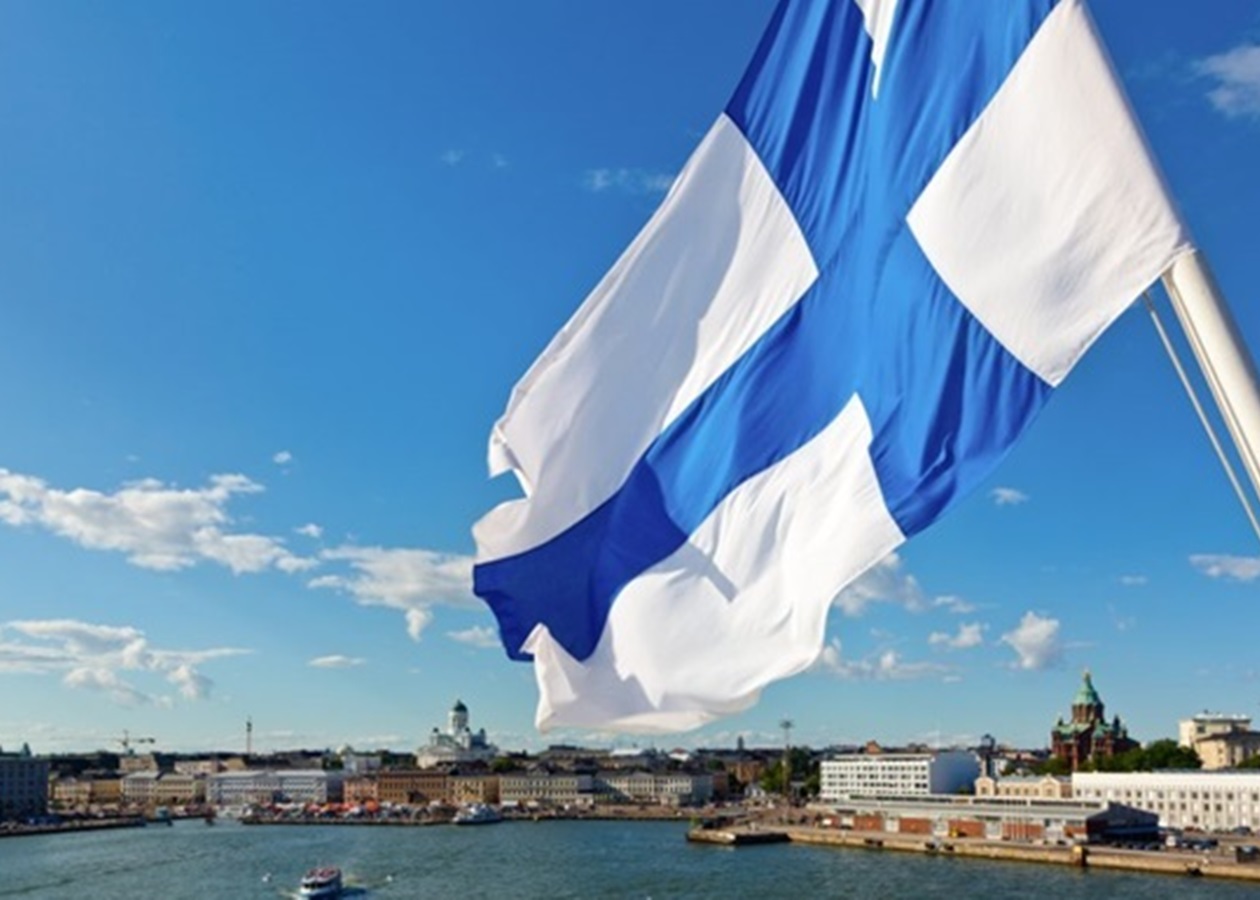Ukraine is making new strides in the case of compensation for property loss in Crimea. It has recently been announced that the Finnish Enforcement Authority has arrested the land of the Russian Science and Culture Center (RSCC) in Helsinki based on a lawsuit filed by a Ukrainian energy company. This case has set a precedent for enforcing international court decisions against Russia outside of Ukraine.
Reason for Naftogaz Lawsuit
The lawsuit was initiated by the Ukrainian state company Naftogaz and concerns compensation for lost property in Crimea after its annexation by Russia in 2014. The International Arbitration Court in The Hague ruled in favor of awarding Ukraine damages of $5 billion. However, Russia refused to comply with this ruling, prompting Naftogaz to seek other avenues to achieve justice.
First Arrest Outside of Ukraine
Finland became the first country where Russian property was successfully arrested based on an international court ruling. The seized plot in Helsinki covers an area of 3.3 hectares and belongs to the Russian Science and Culture Center. According to preliminary information, the property is valued in the tens of millions of dollars. This is the first of its kind case that opens up new prospects for enforcing international arbitration rulings.
What was Lost in Crimea?
At the time of the annexation of the peninsula in 2014, Naftogaz owned significant assets, including the enterprise Chornomornaftogaz. The annual gas production level at this enterprise was 1.6 billion cubic meters. Later, the so-called “parliament” of Crimea nationalized this property, leading to significant financial losses for Ukraine. This was the basis for Naftogaz’s lawsuit aimed at compensating for the losses through arbitration.
Just the Beginning
Confiscation of Russian property outside of Ukraine is an important step towards obtaining compensation for the losses caused by the annexation of Crimea. Other countries may follow the example of Finland, creating additional pressure on Russia to comply with decisions of international courts.
This case underscores the possibility of implementing international justice even in complex political conditions, and also demonstrates that Ukrainian companies continue to fight for the return of lost assets.


